Confronting discomfort
June 10, 2020
 When my family moved from Flint to Grosse Pointe seven years ago, none of us thought the adjustment would be easy. From the outside, the homes in my old neighborhood didn’t look too different from the ones surrounding my new school. But the opportunity was different.
When my family moved from Flint to Grosse Pointe seven years ago, none of us thought the adjustment would be easy. From the outside, the homes in my old neighborhood didn’t look too different from the ones surrounding my new school. But the opportunity was different.
I could go to the park and swim at the pool and see my friends, but only if I had a plastic card that confirmed my family did, in fact, live within the imaginary boundaries that Grosse Pointe prided itself on.
Small things like my “y’all”s turning into “you guys” and pronouncing my name like “justice” for teachers who read it with scrunched up noses started to consume me. But I was willing to accept that. I thought carrying that plastic “park pass” meant I was a part of the “us”. Yet I slowly realized that I was apart from the self I came into this city with and was replaced with a more palatable version of myself.
Going into high school, I didn’t realize (or at least didn’t want to admit) that I wanted to be invisible. Not in a supernatural or angsty way, but more so camouflaged in the teenage scene so I didn’t have to hold my breath for fear of exposing my blackness like it was some sort of secret. And for the most part, I thought I succeeded. I enjoyed high school. I had friends, made memories, joined clubs and had teachers that will have a lasting impression on me forever. Then I got too comfortable.
It was like a switch went off my sophomore year, and all the friends I cherished since middle school became cognizant of the discomfort we collectively turned a blind eye to. This newfound sight ignited something in me: at first, inexplicable anger, then a sense of hopelessness and finally the strength to persist in a school that never ceased to remind me of my “otherness” through the seemingly never ending cases of ignorant scandals.
So naturally, I found solace in SEEDS. I ran the club with a few other people who felt no comfort in being complacent with the bigotry that surrounded us. We chose to surround ourselves with people who cared that we were seen. And for a long time that was enough. Until one day, when we thought the people who were already there, listening to our complaints about the daily intolerances that caused us to shrink up everyday in the crowded halls, weren’t the people who needed to hear it most. So for a week in December, we made space. Culture Week, albeit not the most clever name in the world, was going to be a chance for all the students who felt alone in their invisibility to know this school could also be a place where they were embraced.
Then the virtual digs began. Online presences attacking something I thought was innocent. The lack of anonymity attached to the last names I recognized from classmates I casually talked to reminded me of the unique boldness of this city. I thought that the sanguine camouflage I wore freshman year would find its way back to me, but in a pleasant turn of events it didn’t.
I would be lying if I said the target on my back didn’t blaze through my back and sting when I went to school the following week. But I knew I could walk away from the hate on my phone screen, the bigotry in the classroom and the fundamental prejudice this city was founded on with a keen awareness of myself and a fire for change. I’m grateful for my experiences, because without them I wouldn’t have found so many people that inspire me, friendships I cherish and an attachment to my identity that reminds me that, no matter what, I will never again find comfort in being anything less than myself.


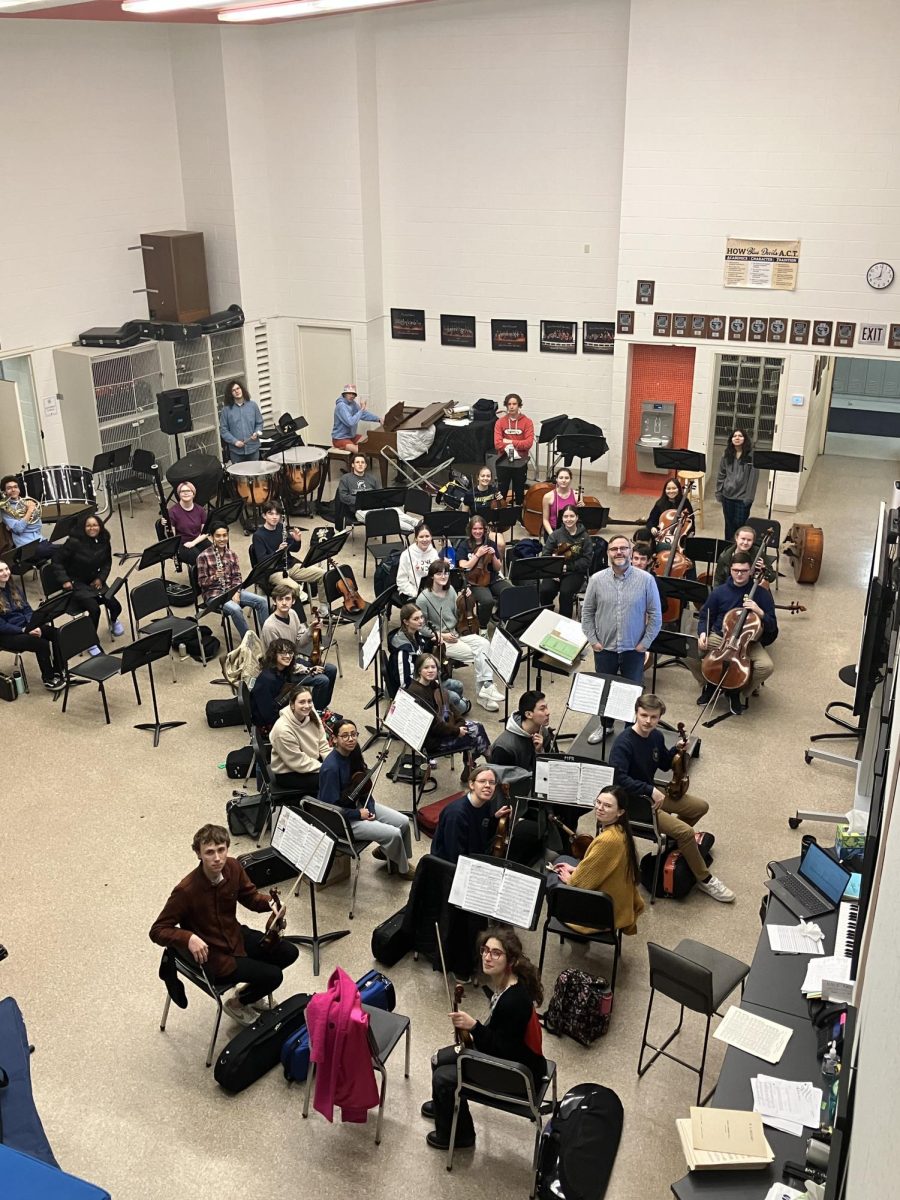
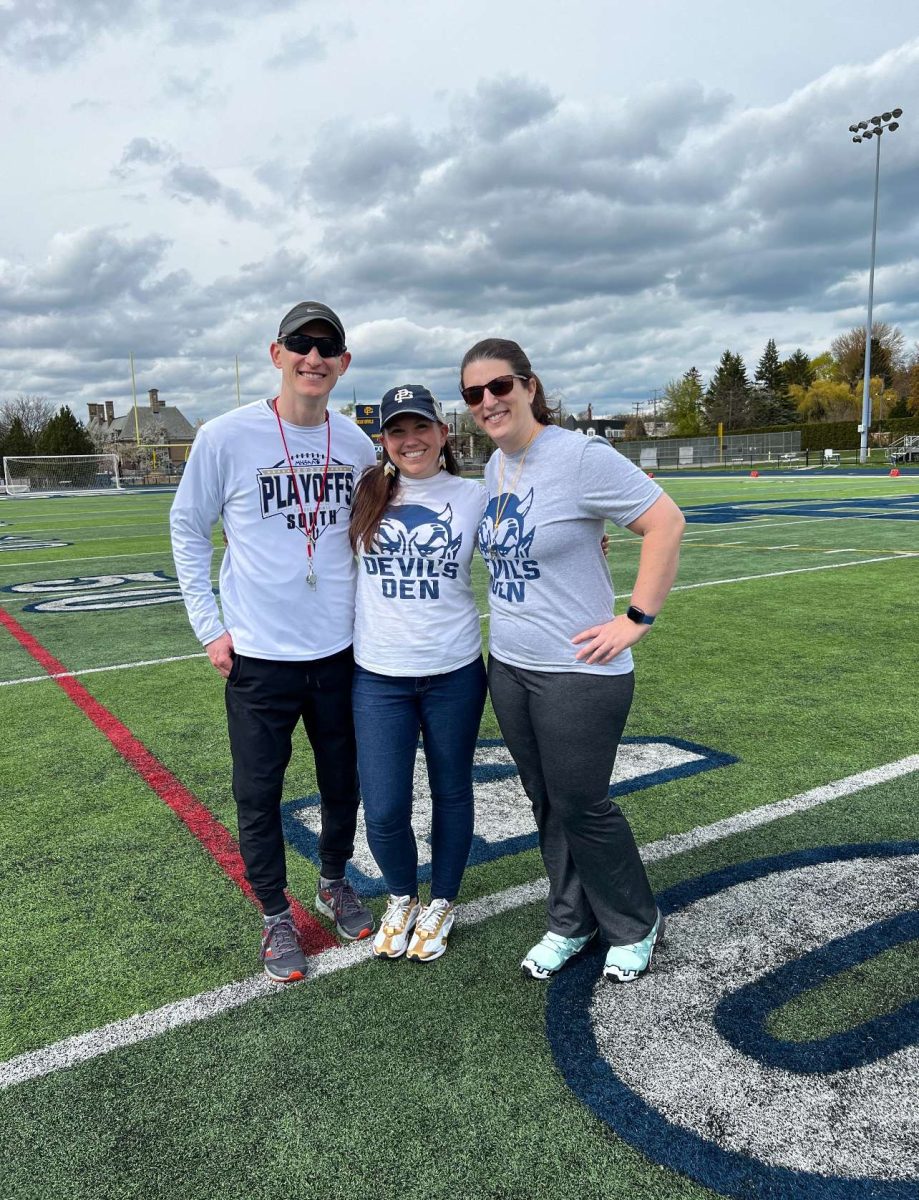
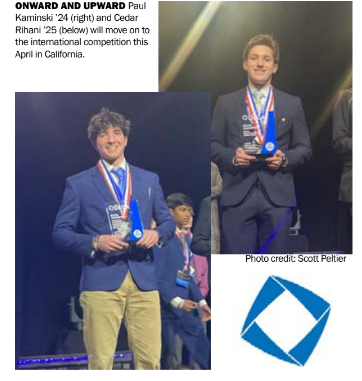
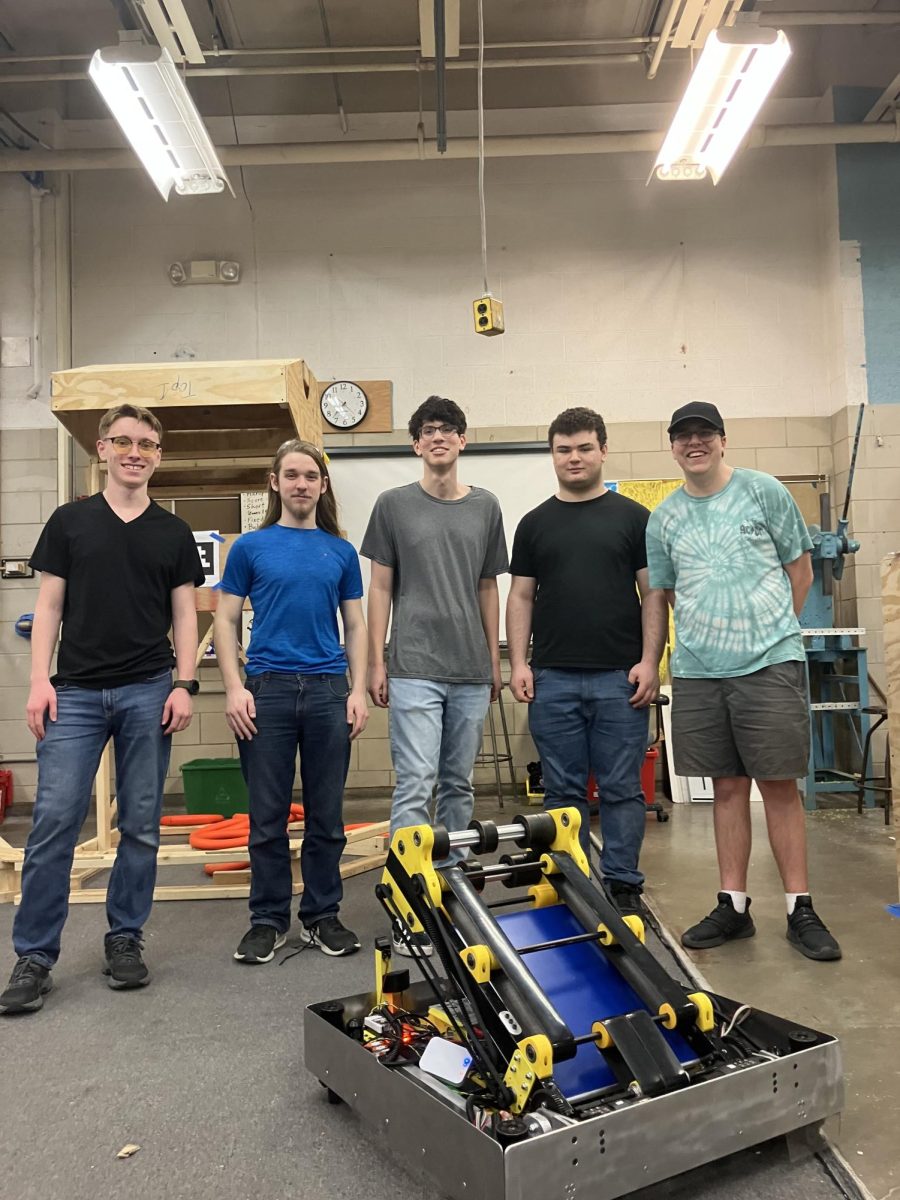








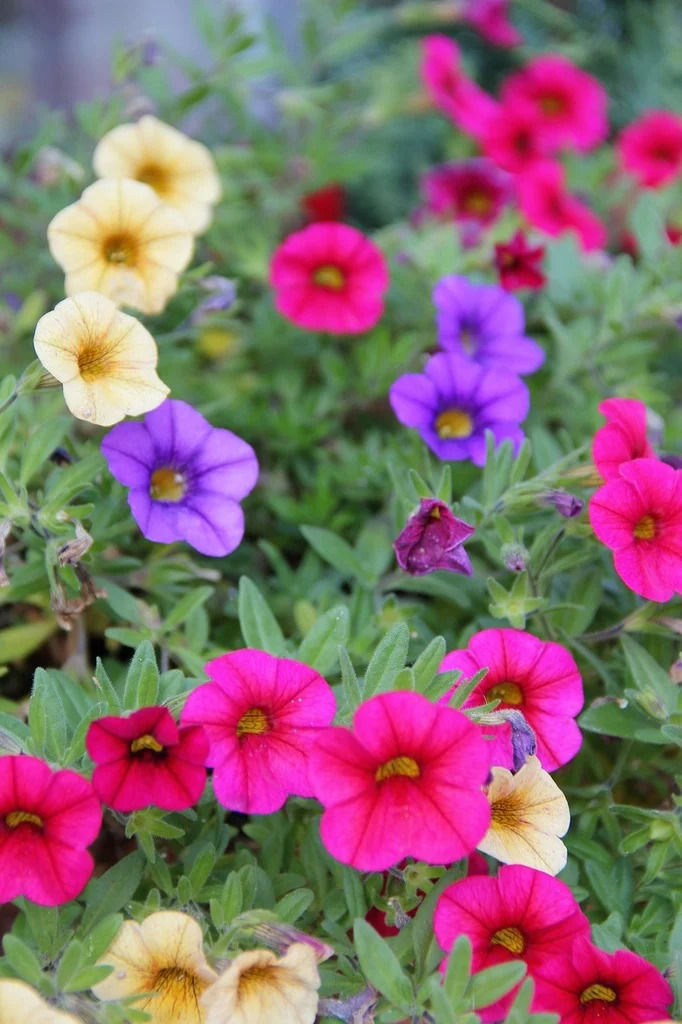










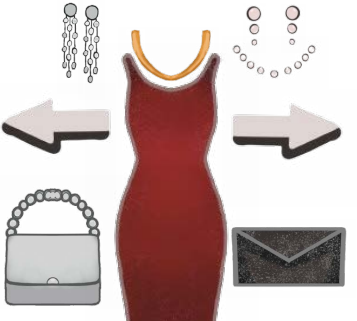





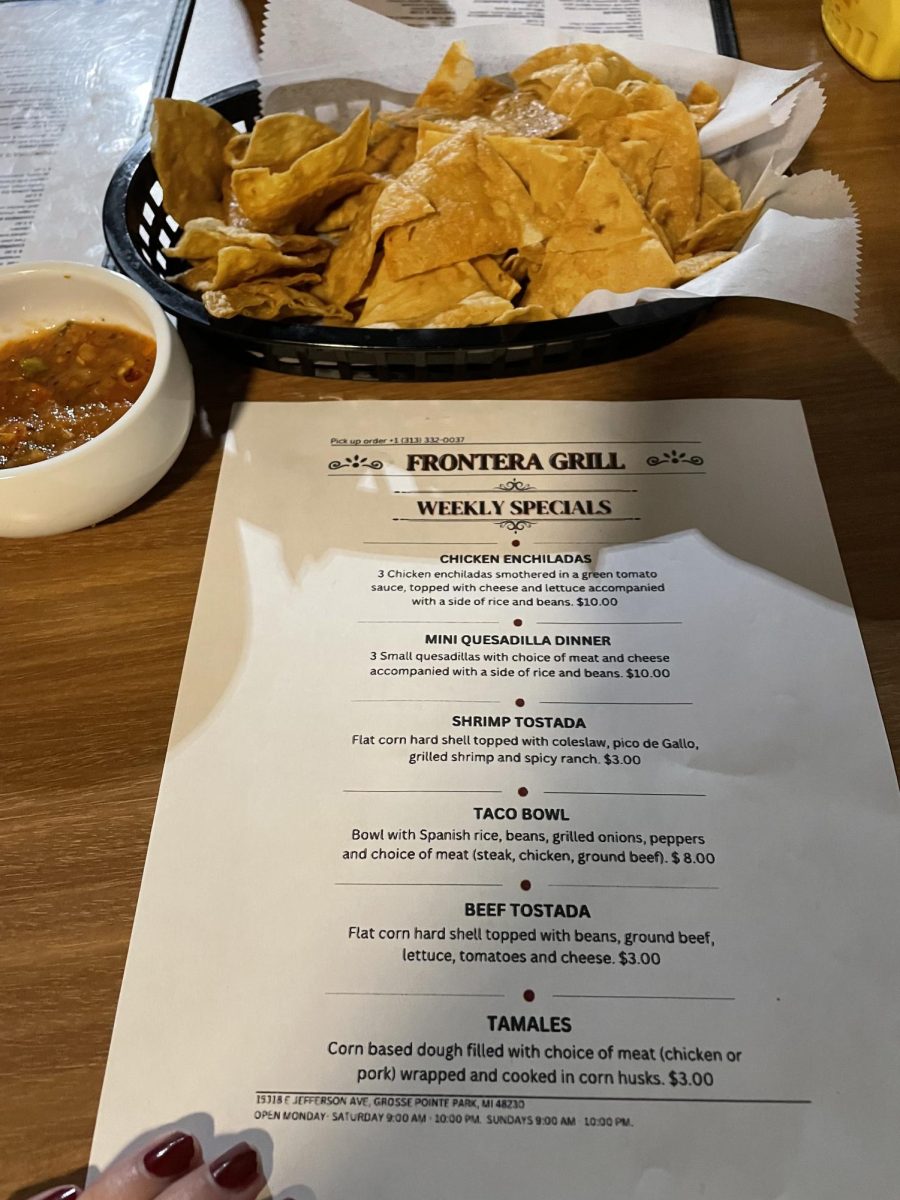
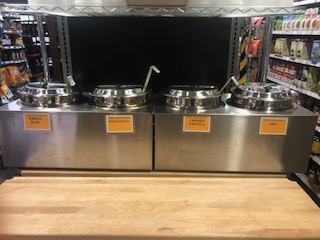







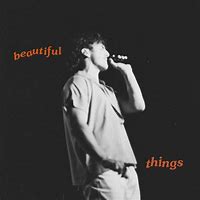




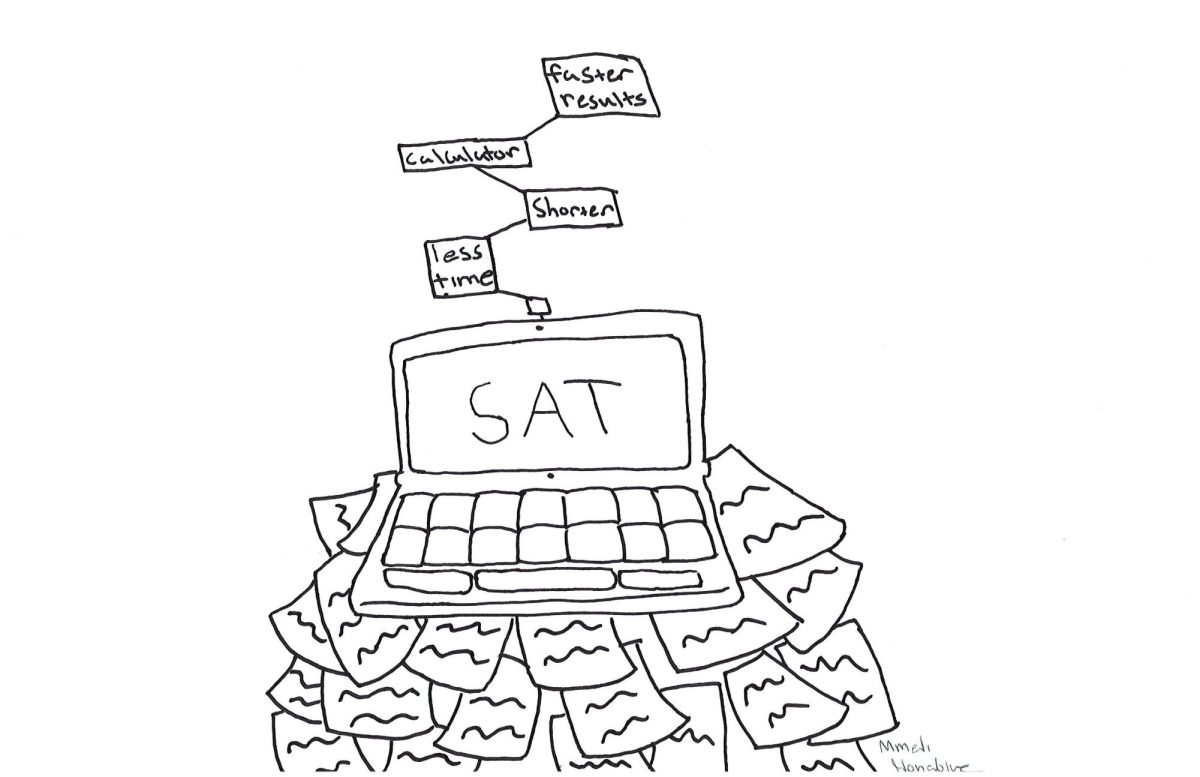
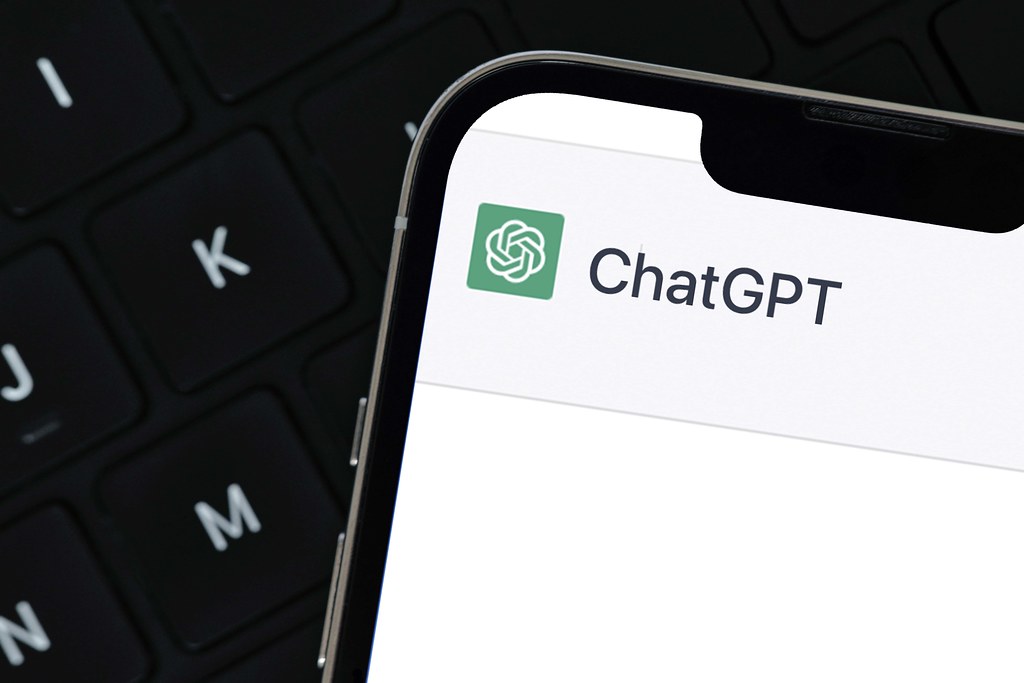
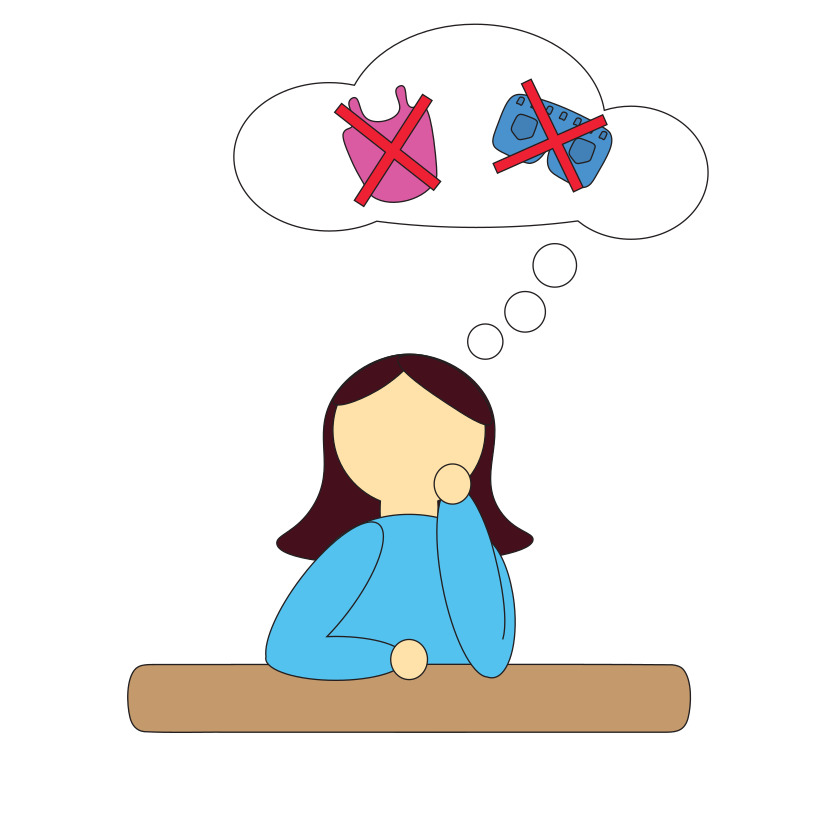
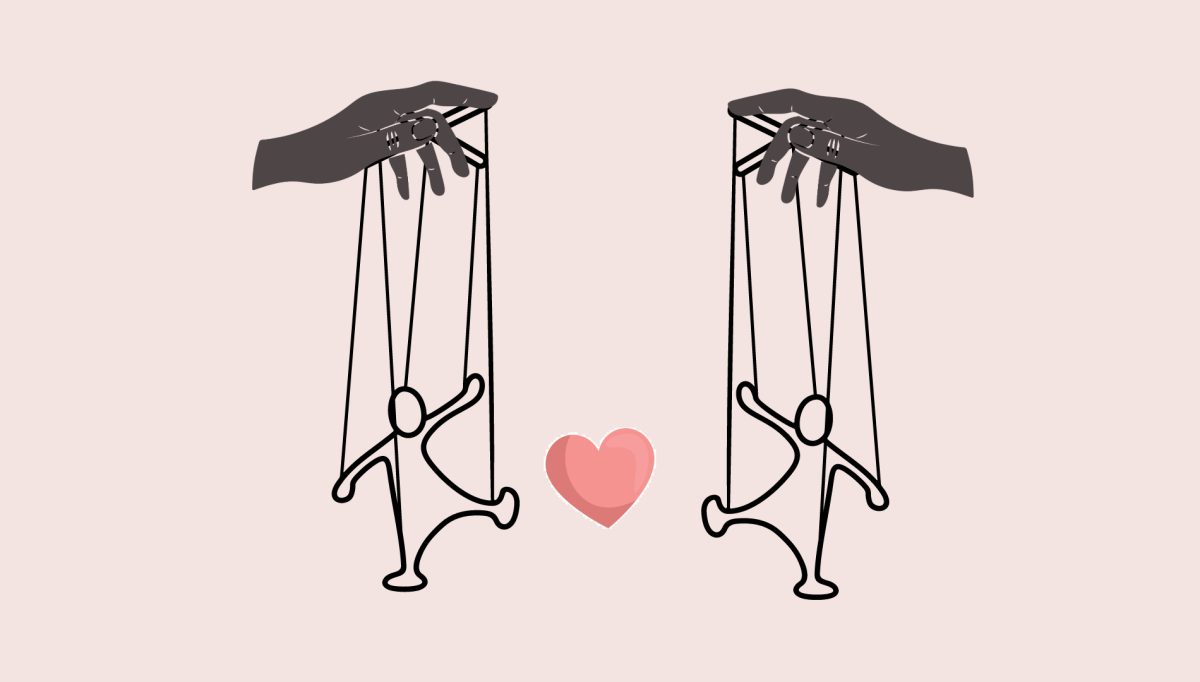
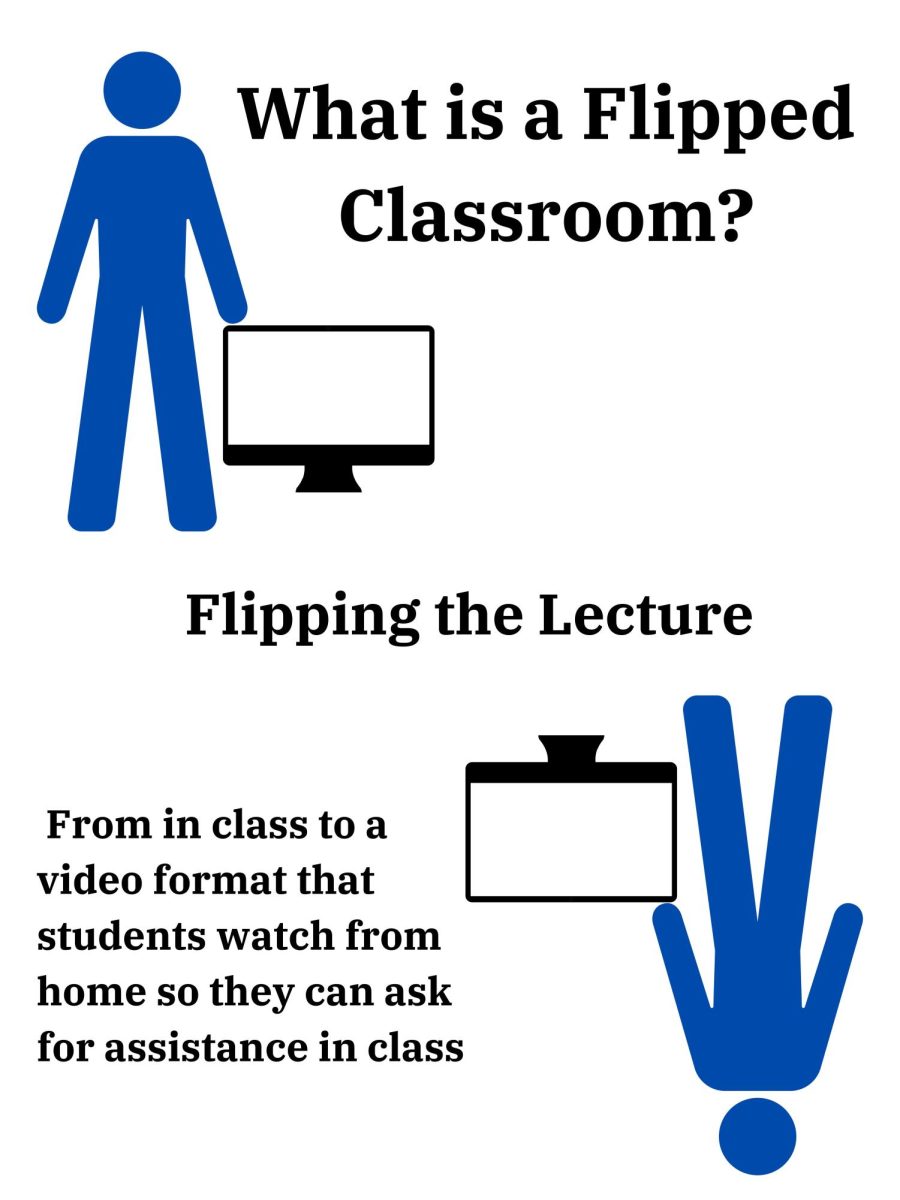














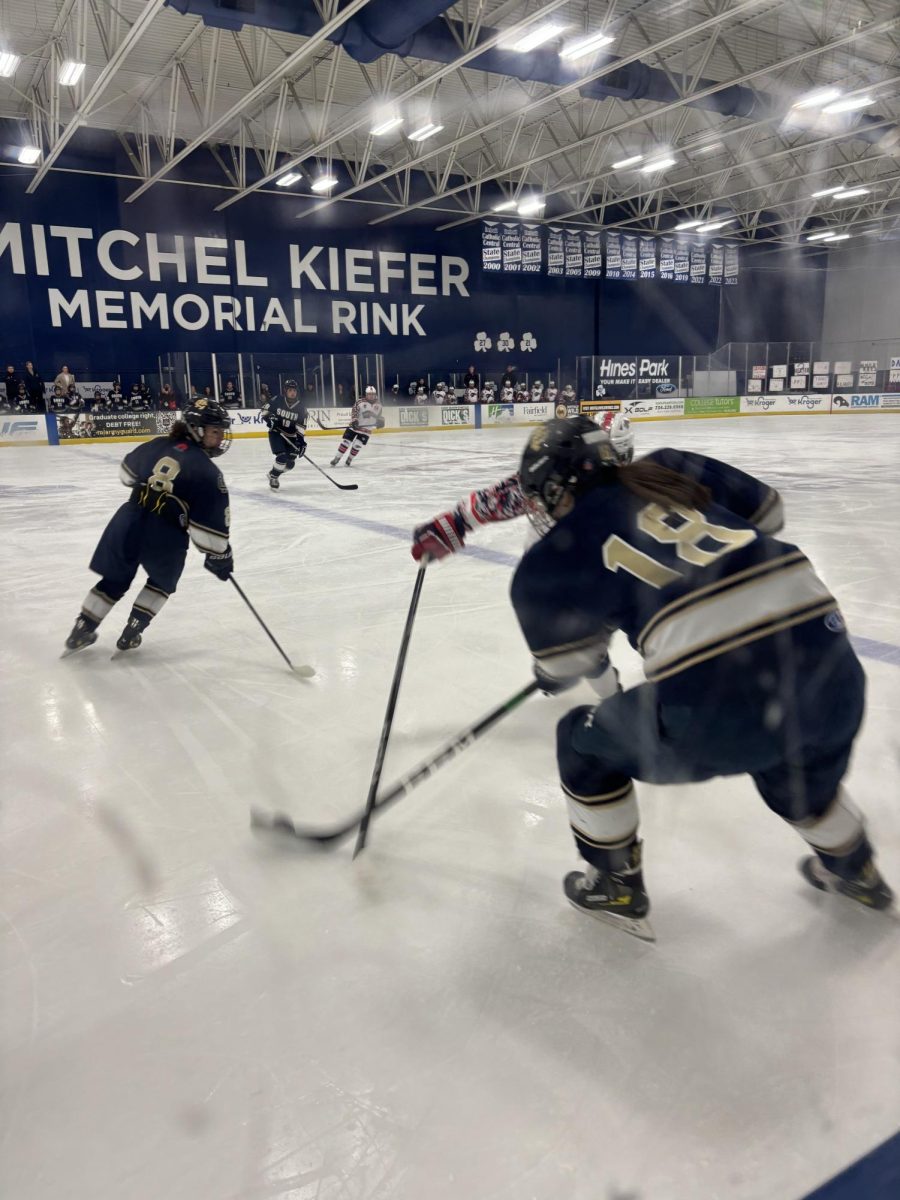
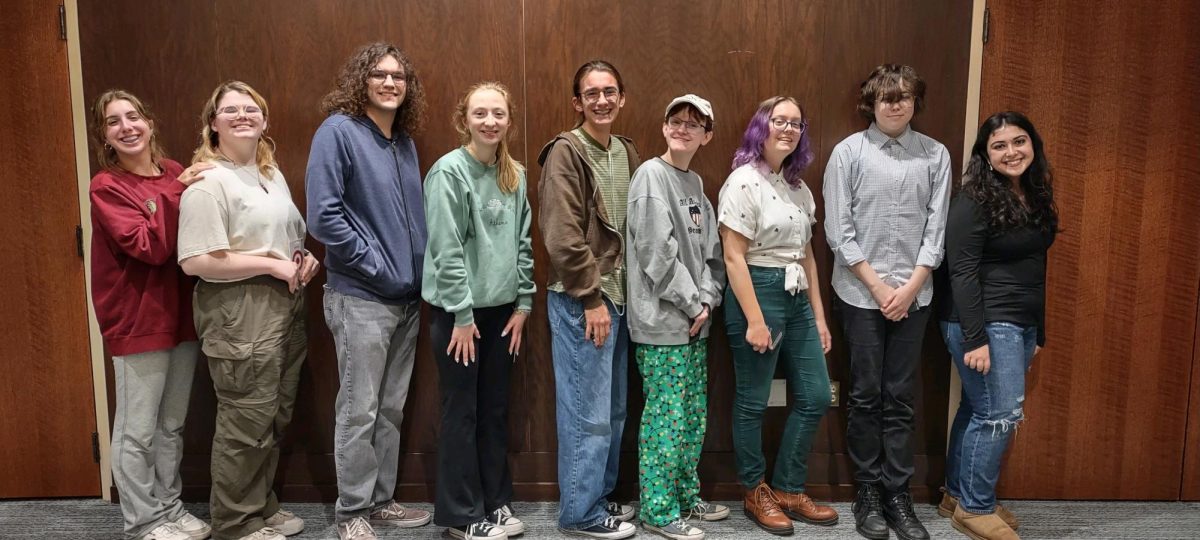


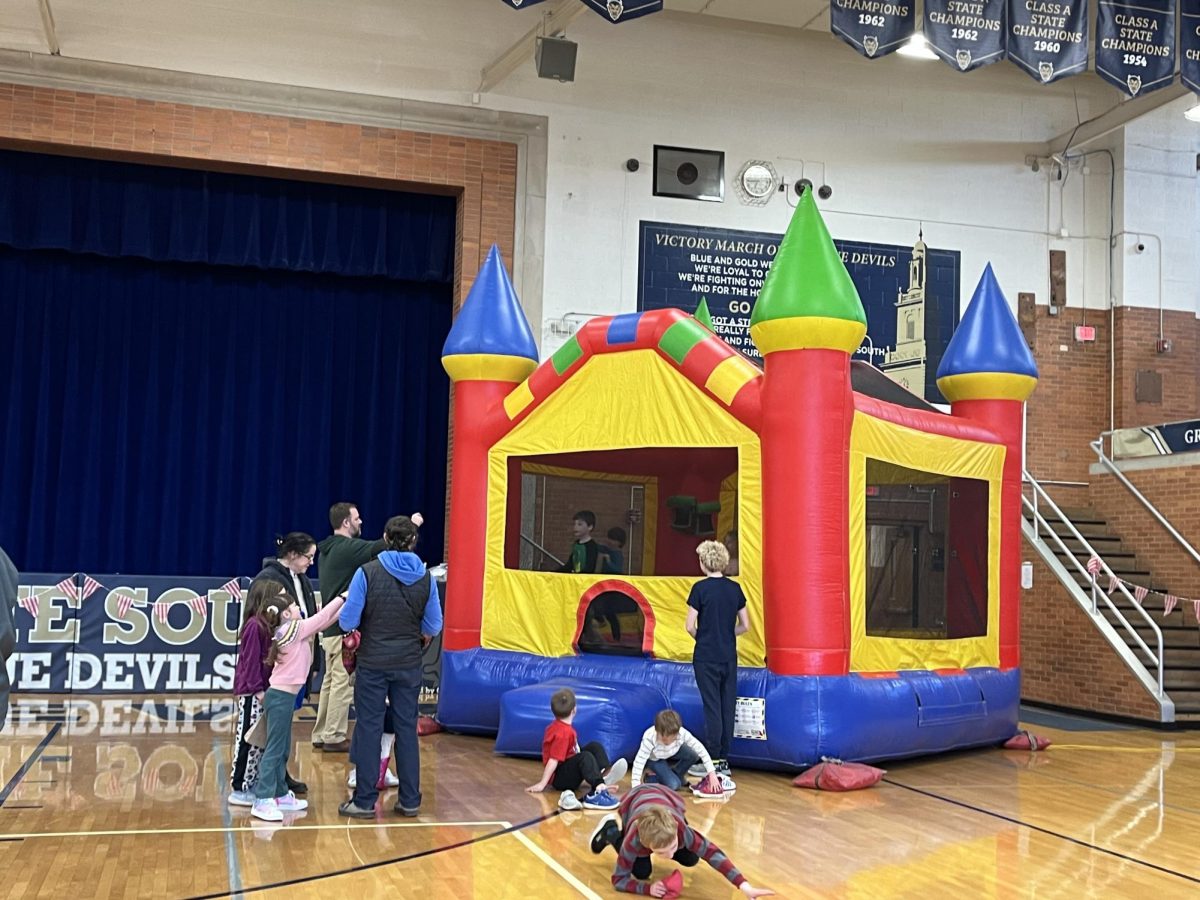

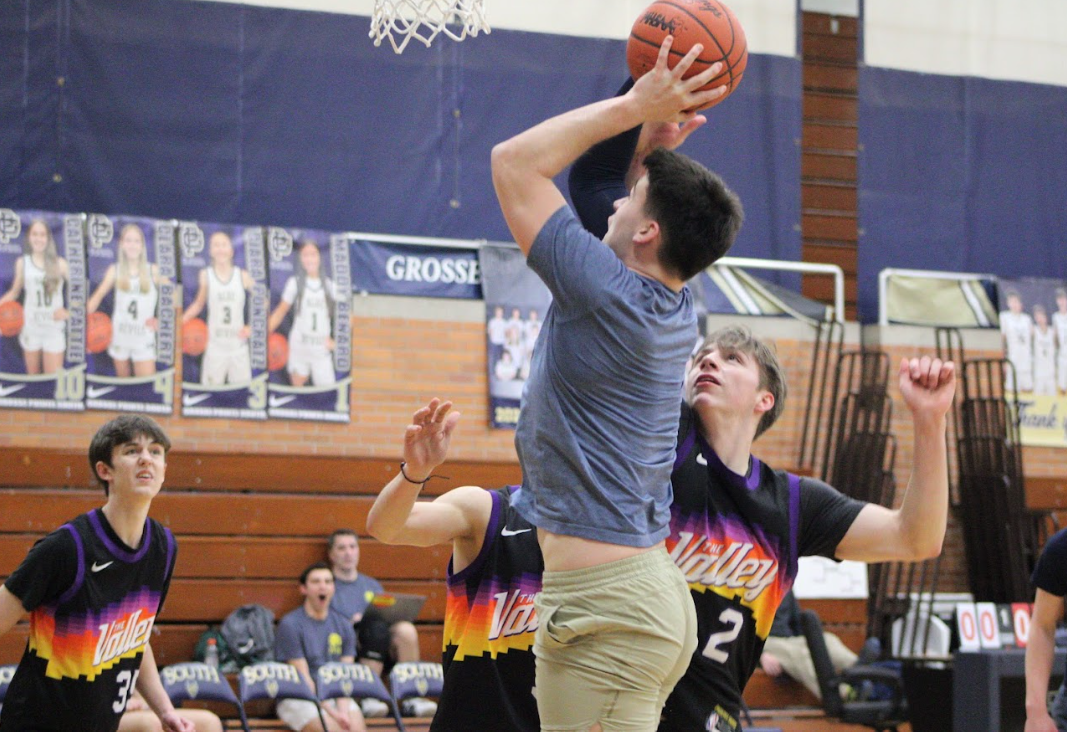
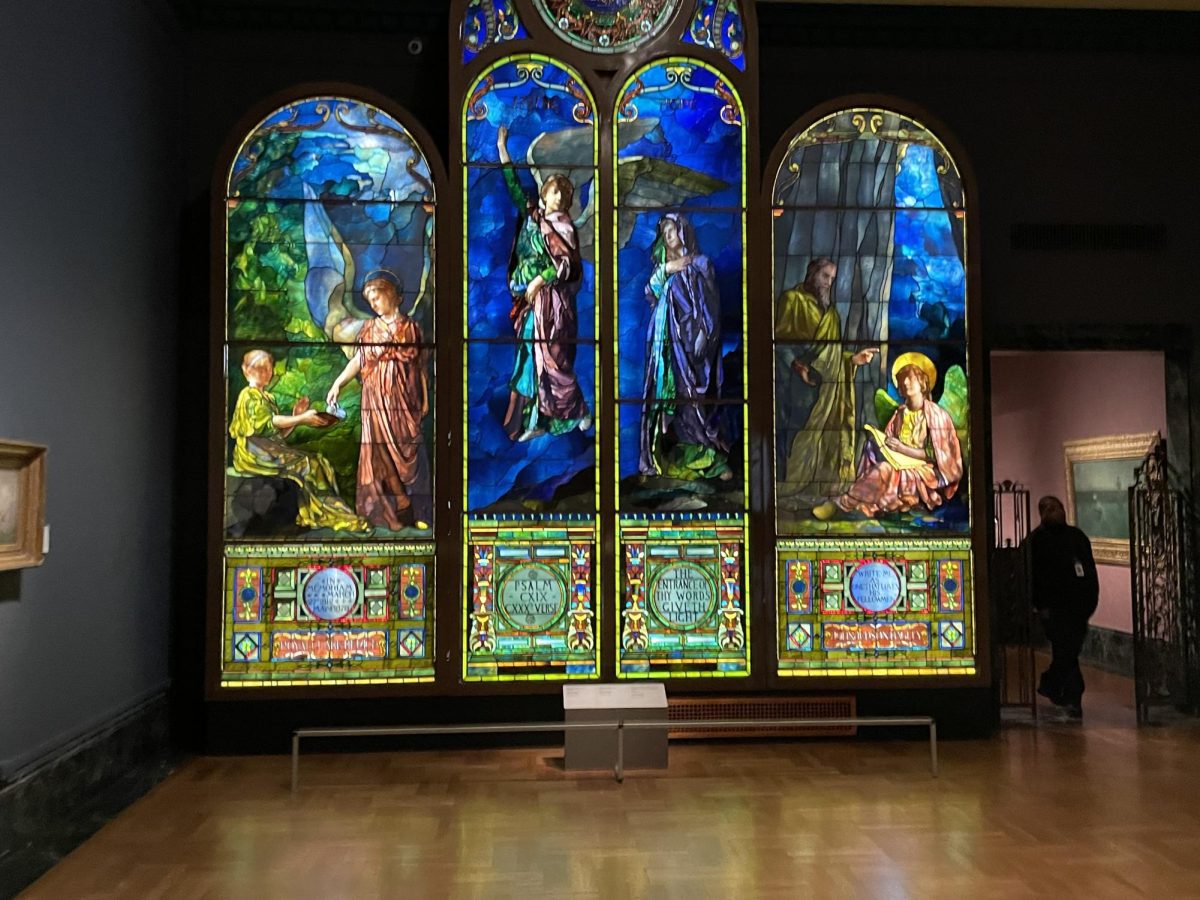
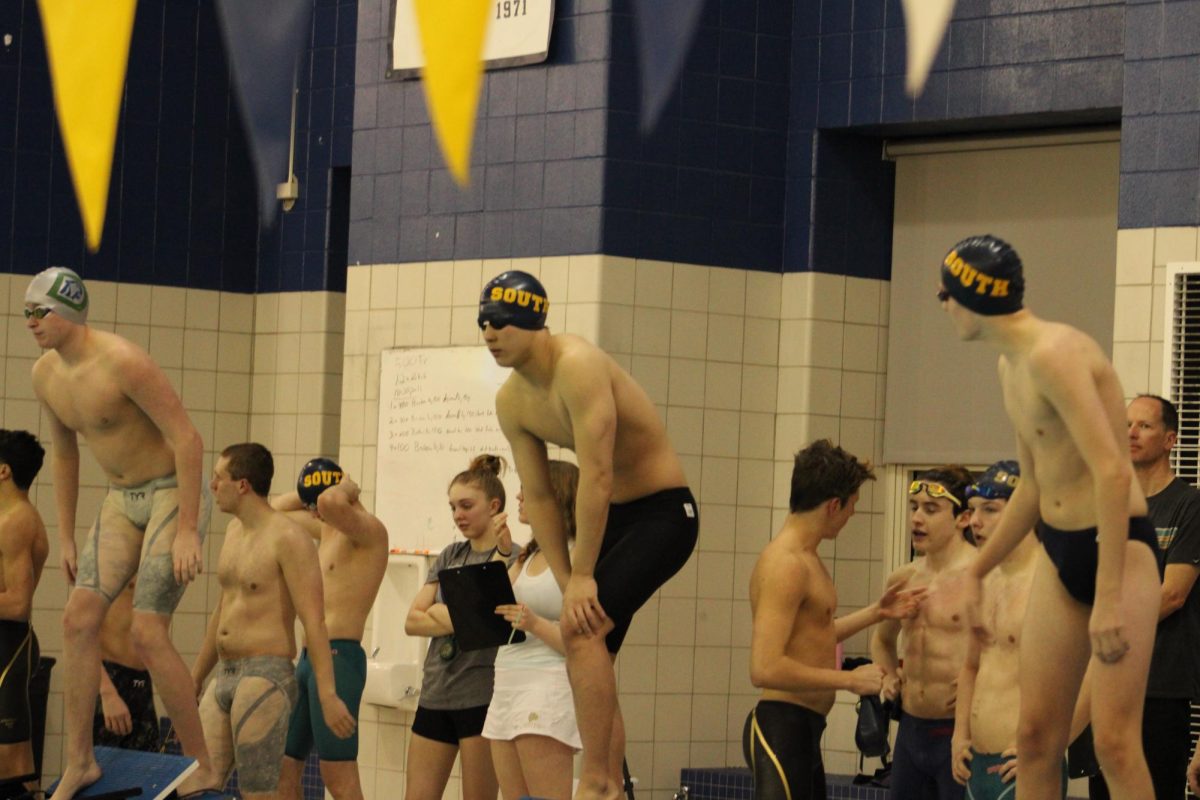



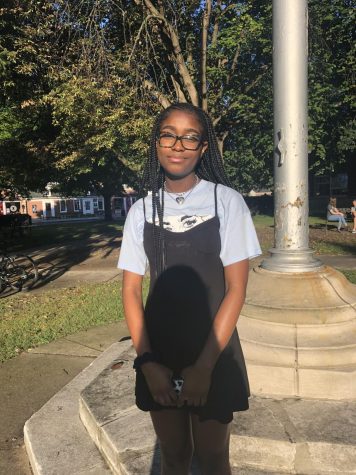




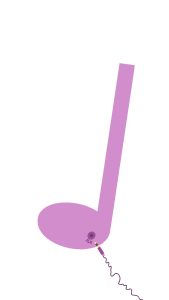
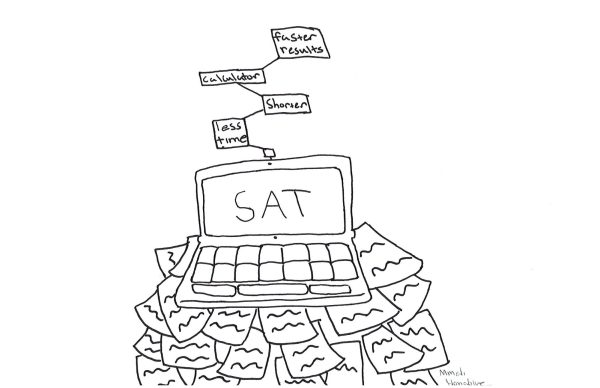
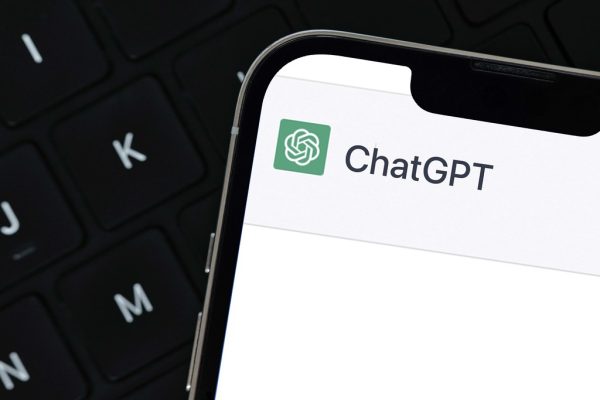
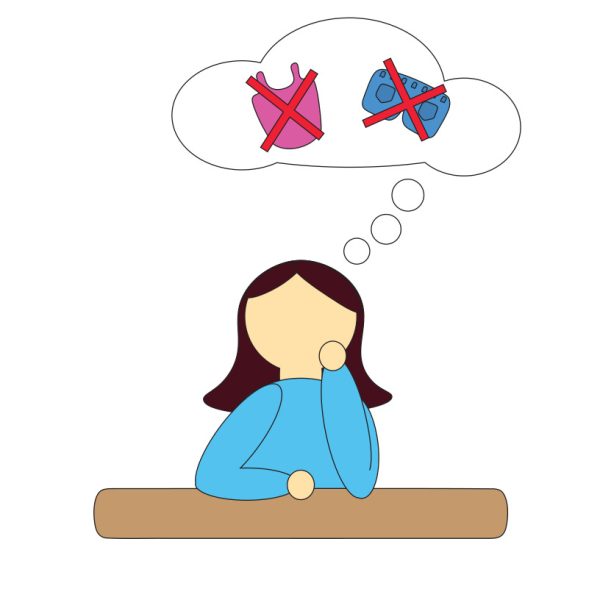
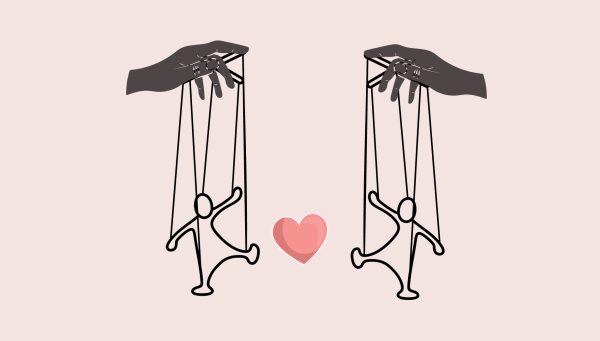
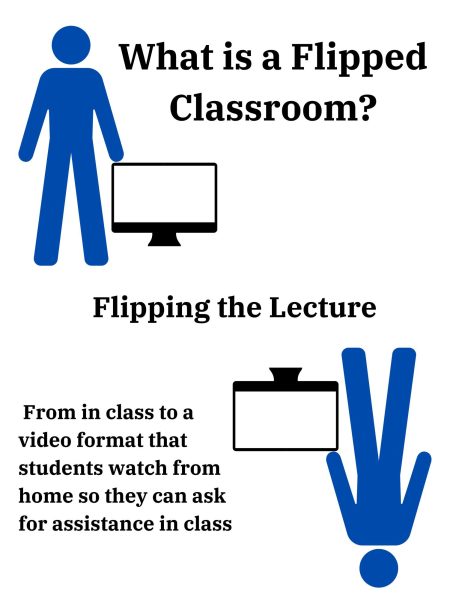
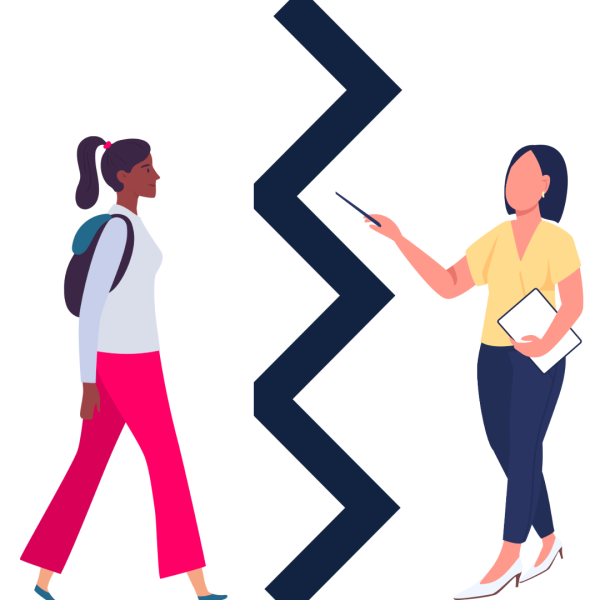
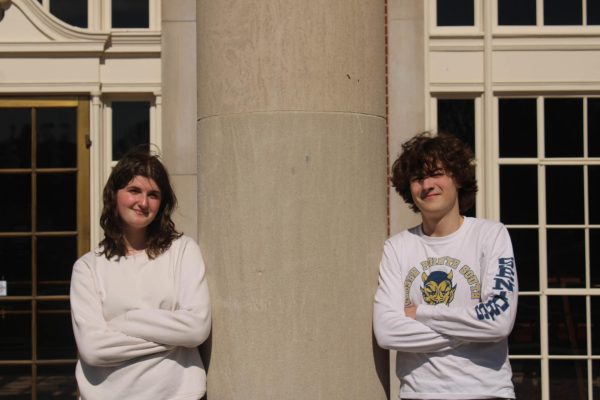


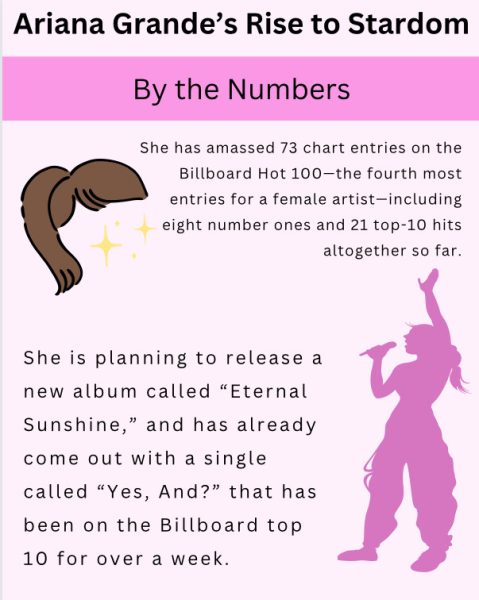
Tonya Jones • Sep 18, 2021 at 12:05 am
The sky is the limit & I love your name in it self. Your story is priceless thanks for sharing.
You’re truly beautiful inside & out!💗
Suja Sukumar • Jun 14, 2020 at 10:16 am
Powerful piece of writing & a wonderful, inspirational article. Thank you for your strength and wisdom. And for your perseverance and willingness to rise above the hate and stand up tall.
Best of luck in all your future endeavors. May you achieve success in your goals and remain an inspiration for other kids out there who are also fighting to be seen. Fighting to never be erased.
Nicodemus Ford • Jun 13, 2020 at 11:15 pm
Thanks so much for sharing
Ponette • Jun 13, 2020 at 10:54 pm
Moving to Grosse Pointe introduced me to racism on a level that changed the way I spoke and dressed. I wasn’t strong enough as Just-Us but I’m so glad to see Grosse Pointe moving in a new direction.
Valarie St. John • Jun 13, 2020 at 4:01 pm
Thank you for writing this. It is beautifully worded and helps me to know that my black son could end up as wonderful as you if we choose to stay in this district. We will continue working within the schools to reduce the racism there.
Elisa Gurule • Jun 13, 2020 at 2:49 pm
Sending all the love to you, Just-us. This is an important piece of discourse for the community. Thank you for writing it.